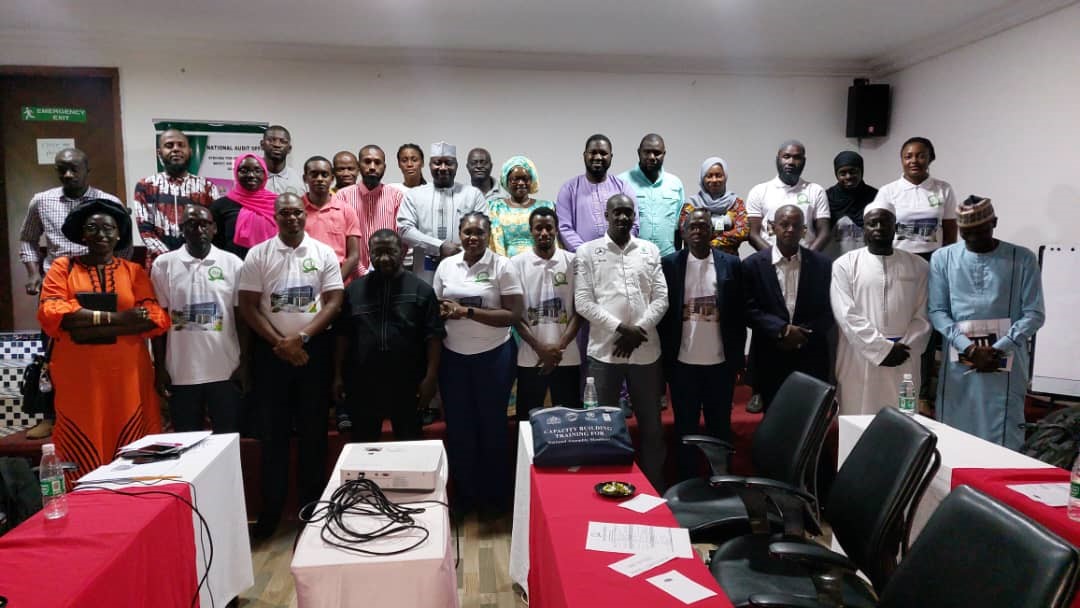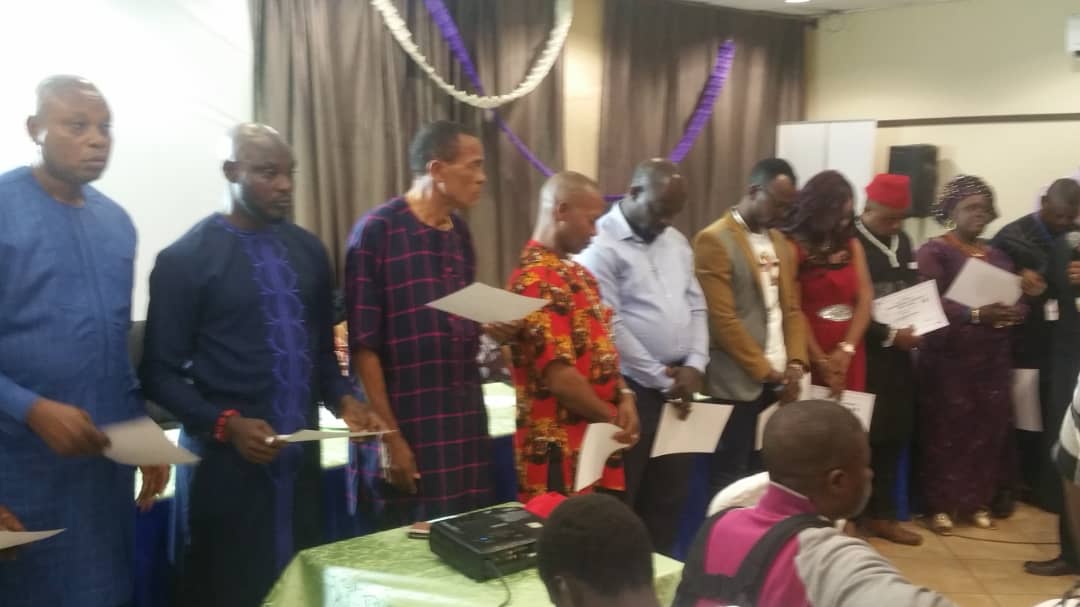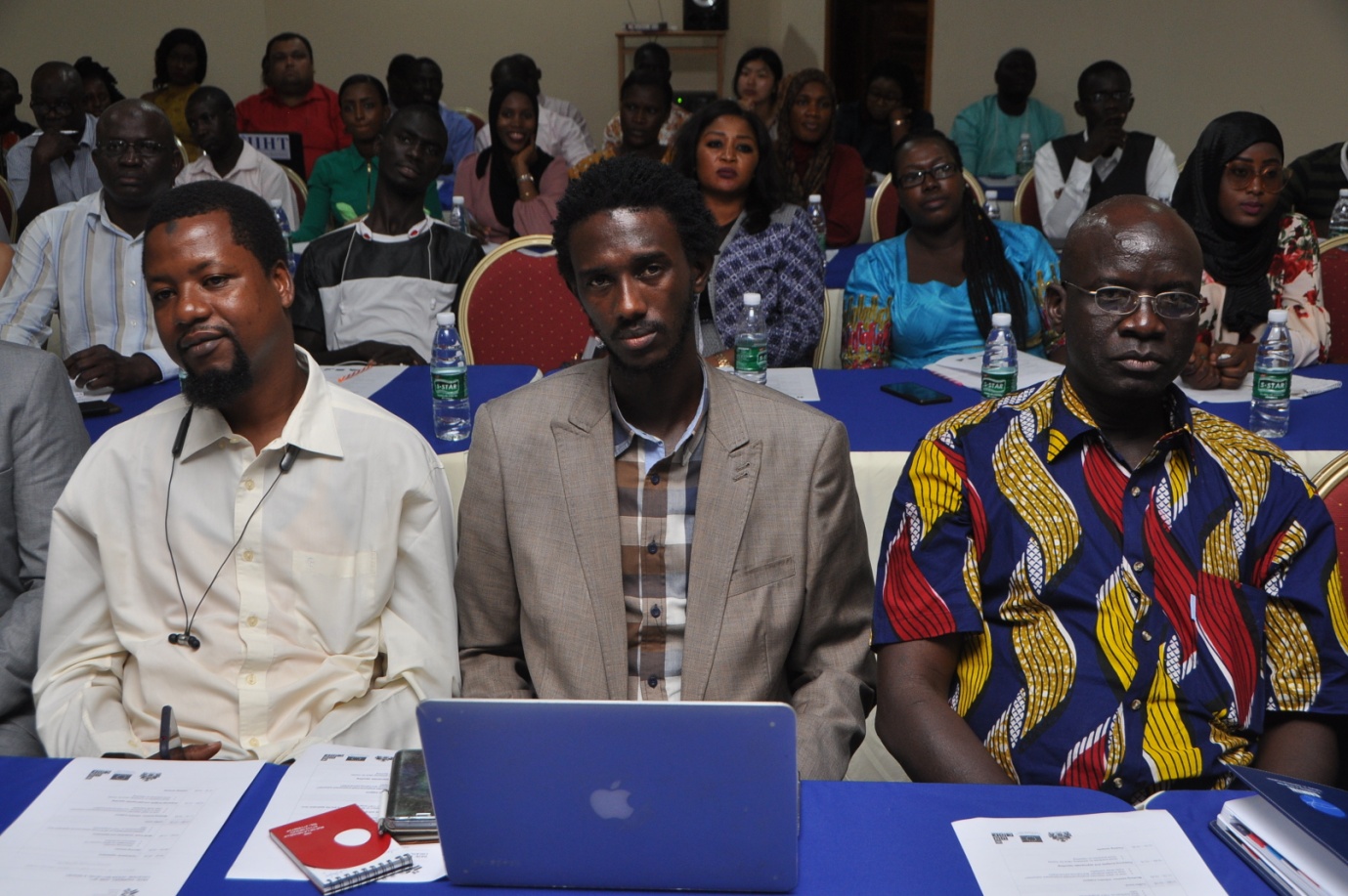By Adama Jallow
The Auditor-General at the National Audit Office, KarambaTouray recently informed the National Assembly Members in the Finance and Public Accounts and Public Enterprises Committees (SPAC and PEC) that the Supreme Audit Institutions (SAIs) was established to fulfil a financial auditing function.
He added that this is by assuring that a government’s financial statements fairly reflect the revenues collected and expenditure incurred, and to determine whether an implementing agency had appropriate authority for transactions undertaken and acted in accordance with relevant laws and regulations.
AG Touray made these remarks last Saturday at an orientation platform in the SPAC and PEC Committees on its work, mandate, and other related matters, intending to strengthen the relationship and partnership between the National Audit Office with the SPAC and PEC Committees.
The forum was held at the Metzy Residence Hotel in Kotu.
The forum revealed to NAMs the 1977 Lima Declaration which states through their auditing work that the (SAIs) should pursue objectives of communicating information to public authorities and the general public through the publication of objective reports, sound financial management development, proper execution of administrative activities with proper and effective use of public funds.
He mentioned that over the last three decades, the demands on SAIs have expanded to include considerations of how well government bodies perform their work, by typically looking at the economy, efficiency and effectiveness of the use of resources and service delivery that citizens and their elected representatives increasingly demand that SAIs go beyond judgments of compliance and accuracy with the evaluation of government performance and the value for money obtained through government transactions.
In addition to expanding expectations, he said SAIs have also been challenged by poor links between the audit function and the exercise of legislative and budgetary power which the SAIs found not sufficient to identify errors, possible fraud, or examples of poor financial management but with the necessity to identify ways to ensure that their findings are acted upon by the executive.
As government plays the primary role in budget implementation, Touray outlined that it is the SAI that checks whether the budget has been appropriately implemented which the reports of the SAIs are the only independent source of information on budget implementation and often the only source of reliable information on the government’s efficiency and effectiveness available to the public.
The relationship between the SAI and the Parliamentary Audit Committee, Touray said the legislature through their Parliamentary Audit Committees should play a significant role in enforcing audit findings and recommendations. Thus, the relationship between an SAI and a Parliamentarian Audit committee to which its reports is symbiotic.
He further confirmed that institutions have mutually supportive roles in ensuring effective governance and that a Parliament can perform its vital oversight functions most effectively when it uses and can rely on the audit work of the SAI.
He added that an SAI could be more effective when its Parliament provides both a forum for the presentation and discussion of the SAI’s report and making and enforcing recommendations for implementation.
“The power to exercise control over how the government implements the budget is a necessary complement to the power of budget appropriation. A democratic state ultimately vests these rights in Parliament, the body acting as the true and democratically legitimized auditor,” he mentioned.
NAMs were also enlightened through audit presentations on government ministries and departments, Municipalities and Area Councils, extraneous audits, performance audits, development and projects audit, and ways to strengthen and foster the National Audit Office (NAO) and National Assembly (NA) collaboration.




